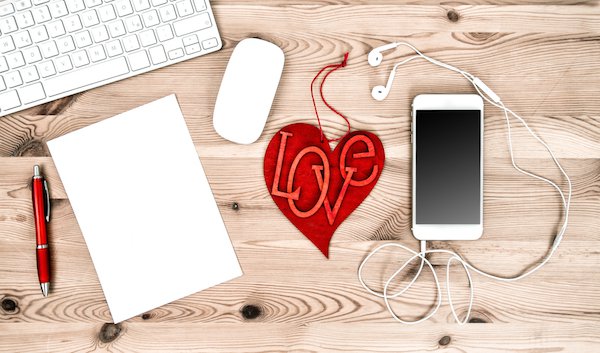

A few weeks ago, when the protests over the death of George Floyd broke out all over the country, I found myself on the edge of hopelessness.
I felt completely overwhelmed by the pain and suffering that was erupting out of people’s hearts about the pervasive racism in our country.
And I wanted to do something to help, but was engulfed by the fear of doing the wrong thing.
My instinct was to get small and hide within myself.
But I made a choice — a choice to stay open, to be in the pain, discomfort, and fear and then to challenge myself to find ways to make a difference.
And I know that in order to create change, we need to do more than feel. So here’s the question I asked myself:
How can I be a force of good during this painful time?
One, educate myself better about racism in our country. Learn, learn, learn.
We talked about it as a family and I asked my husband, who is better read than I am, about the best books he would recommend.
We chose Invisible Man by Ralph Ellison as our first family book to read and discuss together.
Two, be a meaningful source of support to black friends and colleagues in my life, who are all struggling with so much pain, trauma, grief, exhaustion, and sadness right now.
I reached out to a close friend who is black to ask how she was doing and tried to listen with an open heart, without aiming to fix anything or make her feel “better.”
My conversation with her was ultimately a gift to me and taught me so much.
And it made me realize that I can use the emotional health and leadership skills I teach and my platform, my voice, and my heart to be a force of good right now:
By helping you to become a better emotional ally. To stay open in your heart, to be in the discomfort and the pain, and to be a meaningful source of support to your black colleagues, friends, and community members, all of whom are struggling so much.
This is how you can be a force for good.
I recognize that this is just one part of how we can be meaningful allies to make things better. And if you are a person of color reading this, I welcome and am open to your input, thoughts, feedback, and suggestions. Always and right now.
This is critical work. In our homes, workplaces, and hearts. It involves being open to the discomfort and fear — of saying the wrong thing, of not doing enough — learning how to listen with your full being and hear things that are difficult to hear, and leading with compassion above all else. It also means being willing to learn a lot, including about your unconscious biases.
I’m up for doing the work and I hope you are too. And I want to do everything I can to help us do it better, together.
To begin, we held a special Becoming a Better Emotional Ally Webinar, where we talked about how to start from wherever you are to both do the inner work and be a better emotional ally to people of color — and how you can use our emotional health skills to help you do it, personally and at work.
You can watch the recording of it below.
We also created a Becoming a Better Emotional Ally Guide, which can be a helpful starting point for doing this work on your own, with your team or family.
Let’s be forces of good, together. Let’s stay open and not hide. Let’s do the work so we can do our part to bring about change.
Don't miss your happier boost!
Subscribe to our weekly email to get practical tips and inspiration to help you feel more joyful and resilient.


